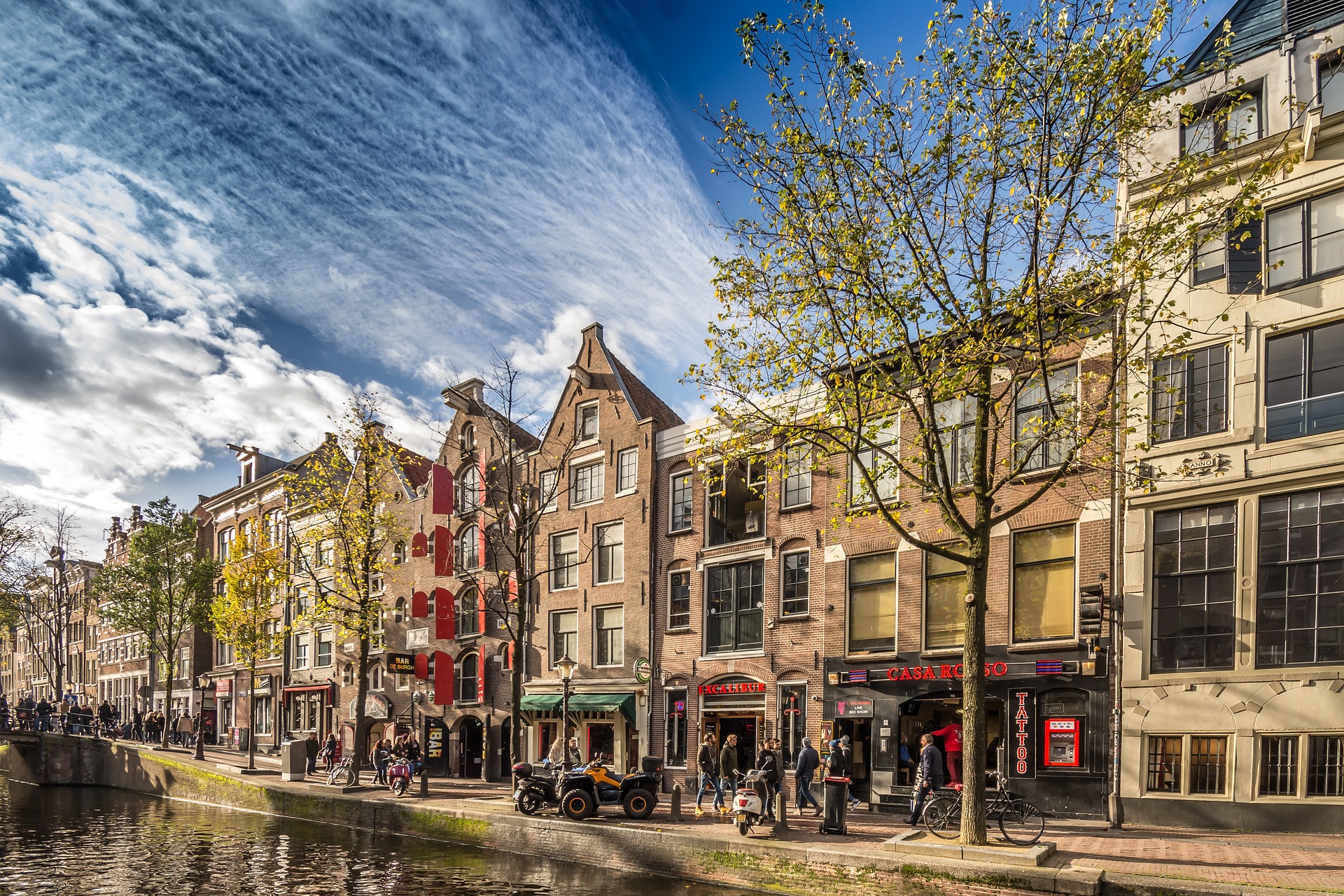Rediscovering Travel: The Renaissance of Heritage Tourism
Heritage tourism is not a new concept, but it is currently experiencing a resurgence worldwide. More than ever, travelers are seeking to connect with their roots, understand different cultures, and gain a deeper appreciation for history. This renaissance is reshaping the travel industry, offering new opportunities and challenges alike. This article explores the revival of heritage tourism, highlighting its impact, trends, and practical implications for travelers.

Background: The Resurgence of Heritage Tourism
Heritage tourism is a type of travel centered around historical sites, traditions, and cultures. It offers travelers an opportunity to immerse themselves in the past, learn about different ways of life, and gain a deeper understanding of their own identities. This travel trend has been on the rise for several years, but recent shifts in societal values and preferences have accelerated its growth.
The resurgence of heritage tourism is largely driven by the growing desire for authentic, meaningful experiences. Today’s travelers are not just seeking relaxation or adventure; they want to learn, grow, and connect with the world in a deeper way. As a result, heritage tourism is experiencing a renaissance, with more travelers seeking out historical sites, traditional festivals, and cultural experiences.
Current Trends in Heritage Tourism
Several emerging trends are shaping the modern landscape of heritage tourism. One is the rise of genealogical tourism, where individuals trace their family roots and visit their ancestral homelands. This trend is fueled by advancements in DNA testing and genealogical research, allowing people to discover and connect with their heritage in unprecedented ways.
Another trend is the increase in immersive experiences. Rather than simply visiting historical sites, travelers are seeking out living-history experiences that allow them to step back in time and engage with history in a more interactive way.
Lastly, there is a growing interest in indigenous tourism. Travelers are seeking out experiences that allow them to learn about indigenous cultures, traditions, and ways of life. This includes visiting indigenous communities, participating in traditional activities, and learning about indigenous history.
Advantages and Challenges of Heritage Tourism
Heritage tourism offers many benefits, both for travelers and for the communities they visit. For travelers, it provides a richer, more meaningful travel experience, offering opportunities for learning, personal growth, and cultural exchange.
For communities, heritage tourism can bring economic benefits and help preserve cultural heritage. By attracting tourists, communities can generate income, create jobs, and invest in preserving historical sites and traditions.
However, heritage tourism also presents challenges. It can lead to overcrowding and strain on historical sites, and if not managed carefully, it can harm the very heritage it seeks to celebrate. There is also the risk of commodification, where culture and heritage are exploited for tourism purposes.
Practical Insights: Making the Most of Heritage Tourism
-
Choose your destinations carefully. Research the history, culture, and heritage of different locations to find one that resonates with your interests.
-
Respect local customs and traditions. Engage with the local community in a respectful and sensitive manner.
-
Seek out immersive experiences. Look for opportunities to participate in local traditions and activities.
-
Be a responsible traveler. Respect the environment, support local businesses, and be mindful of the impact of your actions.
Heritage tourism offers a unique opportunity to connect with history, culture, and identity. It is a travel trend that enriches both the traveler and the communities they visit. As it continues to grow in popularity, it will undoubtedly continue to shape the future of travel. By embracing heritage tourism, travelers can gain a deeper understanding of the world and themselves, making their journeys all the more rewarding.




